

Top 7 Project Management Methodologies Every Startup Should Know
#Introduction
Startups operate in a high-stakes environment where resources are limited, timelines are tight, and adaptability is key. Choosing the right project management methodology can make the difference between delivering a product on time and missing critical opportunities. With so many methodologies available, it's essential to understand which ones best suit your startup's needs, whether you're a software engineering team, a creative agency, or a small business launching an MVP.
In this guide, we'll dive into the top 7 project management methodologies every startup should know: Waterfall, Agile, Scrum, Kanban, Lean, Critical Path Method (CPM), and PRINCE2. We'll explore their principles, benefits, and ideal use cases, and show how t0ggles, a next-gen project management app, supports each methodology with features like AI-powered task creation, Kanban boards, and Gantt charts. By the end, you'll have a clear roadmap to select and implement the best methodology for your startup's success.
For deeper insights into Agile, check out our related post: The Ultimate Guide to Agile Project Management: Streamline Your Workflow with t0ggles.
#1. Waterfall: The Traditional Approach

#Overview
The Waterfall methodology is a linear, sequential approach where each project phase - requirements, design, implementation, testing, and delivery - must be completed before moving to the next. It's highly structured, making it ideal for startups with well-defined projects and minimal expected changes.
#Benefits for Startups
- Clarity: Clear milestones and deliverables keep teams aligned.
- Predictability: Fixed scope and timeline aid budgeting for cash-strapped startups.
- Documentation: Detailed planning ensures thorough records, useful for compliance.
#Challenges
- Inflexibility: Changes mid-project are difficult to accommodate.
- Delayed Testing: Issues may not surface until late, risking costly fixes.
#Best Use Case
Waterfall suits startups working on projects with stable requirements, such as developing a physical product or a regulatory-compliant system.
- Non-iterative projects with fixed scopes
- Marketing campaign rollouts
- Founders managing contractors
#How t0ggles Supports Waterfall
t0ggles' Gantt Chart View allows startups to visualize project phases, dependencies, and deadlines, ensuring smooth progression through each stage.
#2. Agile: Embracing Flexibility

#Overview
Agile is an iterative approach that prioritizes adaptability, collaboration, and customer feedback. Projects are broken into smaller cycles (iterations), allowing teams to deliver functional increments and adjust based on feedback. Agile is a mindset, not a rigid framework, making it versatile for startups.
#Key Principles
- Iterative development (sprints or cycles)
- Continuous feedback from stakeholders
- Cross-functional collaboration Emphasis on working software over documentation
#Benefits for Startups
- Adaptability: Quickly pivot based on market or customer feedback.
- Customer-Centric: Regular feedback ensures the product meets user needs.
- Faster Delivery: Incremental releases accelerate time to market.
#Challenges
- Requires Discipline: Teams must stay focused to avoid scope creep.
- Less Predictable: Fluid timelines can complicate budgeting.
#Best Use Case
Agile is perfect for software startups or creative agencies developing products with evolving requirements, like apps or marketing campaigns:
- Software development
- Product teams with shifting priorities
- Startups in early MVP or scaling phases
#How t0ggles Supports Agile
t0ggles' AI Task Creation streamlines task setup, while Real-Time Updates keep distributed teams aligned during iterations.
For more on Agile, read our Ultimate Guide to Agile Project Management.
#3. Scrum: Structured Agility
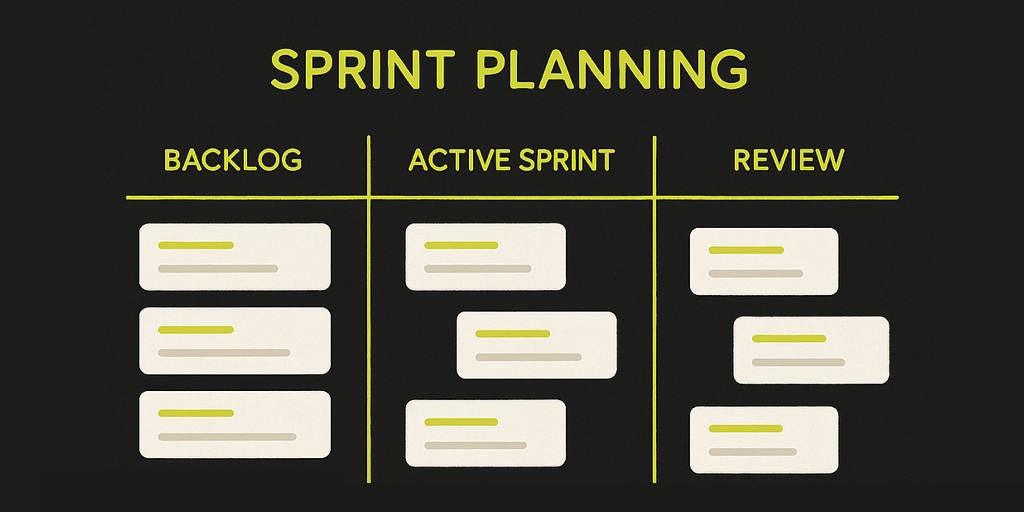
#Overview
Scrum is a specific Agile framework that organizes work into 2-4 week sprints. Teams hold daily stand-ups, plan sprints, review deliverables, and reflect in retrospectives. Roles like Scrum Master and Product Owner ensure focus and alignment.
#Core Elements
- Sprint planning, reviews, and retrospectives
- Defined roles (Scrum Master, Product Owner, Developers)
- Daily standup meetings
- A prioritized product backlog
#Benefits for Startups
- Structure: Sprints provide clear timelines within Agile's flexibility.
- Team Empowerment: Self-organizing teams boost morale and productivity.
- Transparency: Daily stand-ups and reviews keep everyone informed.
#Challenges
- Learning Curve: Requires training to implement roles and ceremonies effectively.
- Time-Intensive: Daily meetings can strain small teams.
#Best Use Case
Scrum is ideal for software engineering startups working on complex products with frequent iterations, such as SaaS platforms:
- Small to medium cross-functional teams
- MVP development
- Startups building and iterating on new features
#How t0ggles Supports Scrum
t0ggles' Multiple Projects on Same Board feature allows Scrum teams to manage epics and sprints on a single board, while Task Comments facilitate daily stand-up discussions.
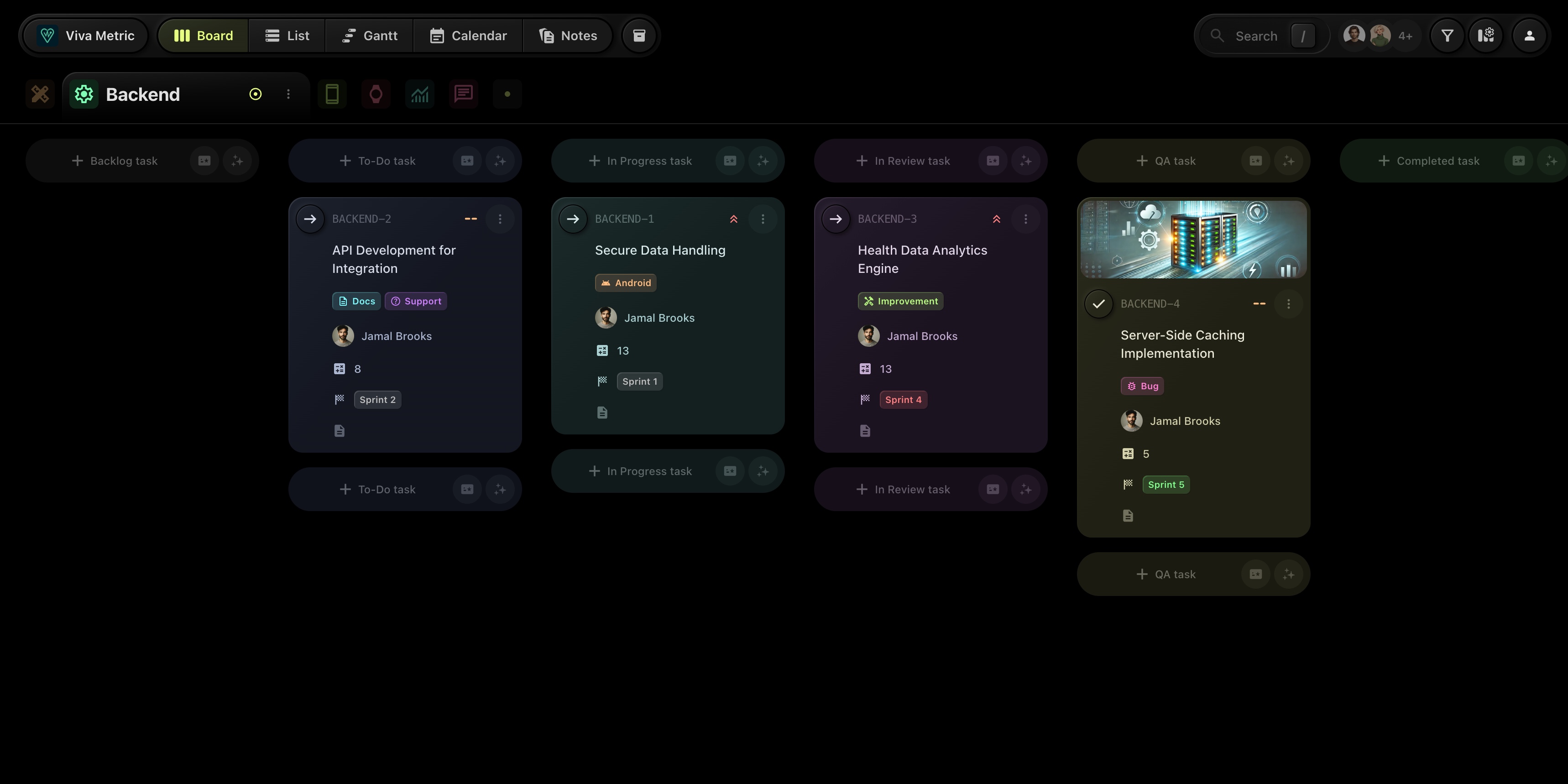
#4. Kanban: Visual Workflow Management
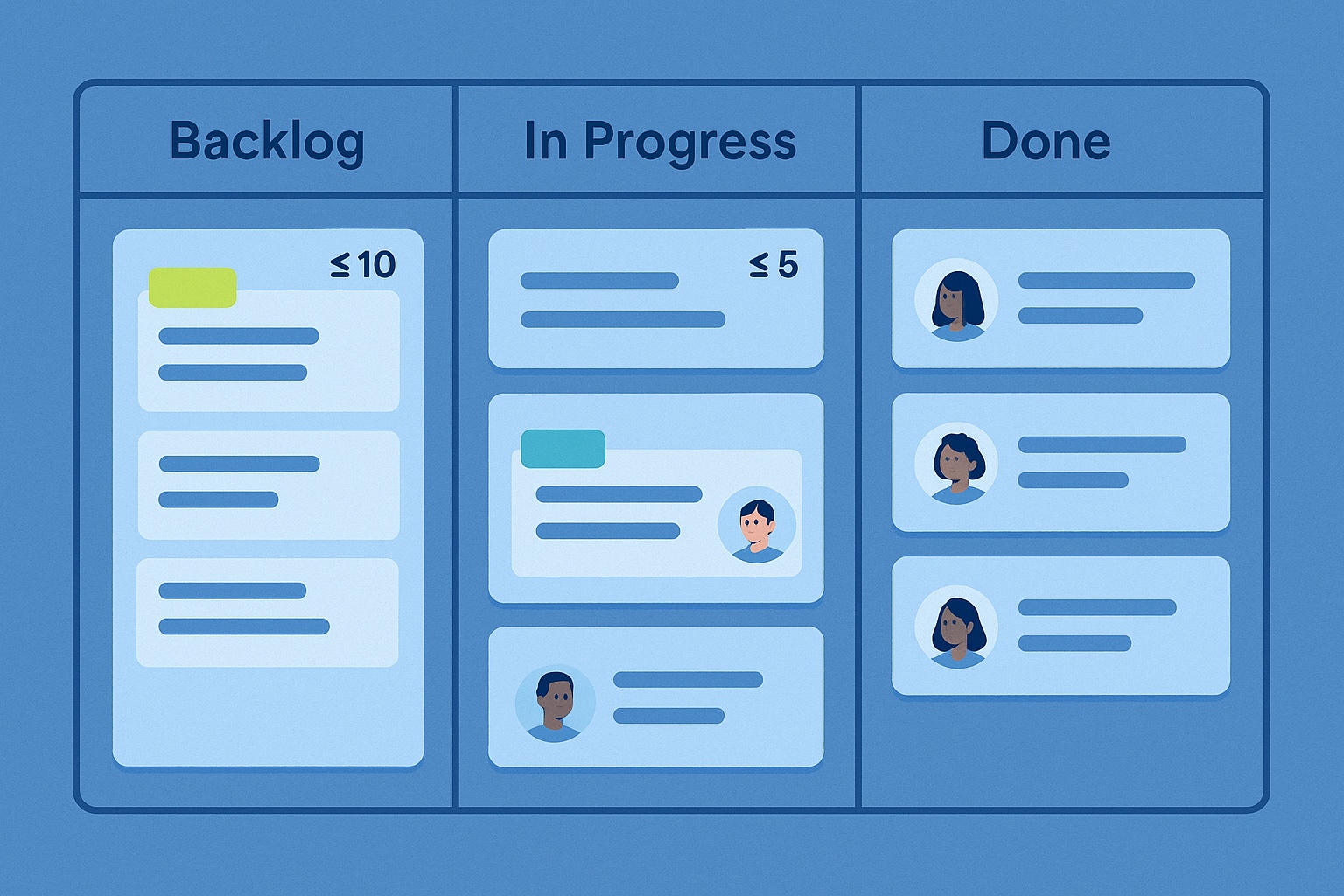
#Overview
Kanban is an Agile methodology that visualizes workflows on a board with columns (e.g., To Do, In Progress, Done). It limits work in progress (WIP) to prevent bottlenecks and emphasizes continuous delivery without fixed sprints.
#Core Concepts
- Visualizing the flow of tasks
- Limiting WIP to avoid overload
- Continuous delivery
- Process optimization through feedback
#Benefits for Startups
- Simplicity: Easy to adopt with minimal training.
- Flexibility: No fixed cycles, ideal for ongoing tasks.
- Efficiency: WIP limits optimize resource use.
#Challenges
- Lack of Structure: Can lead to disorganization without discipline.
- Not Ideal for Large Projects: Better for smaller, continuous workflows.
#Best Use Case
Kanban suits startups with ongoing tasks, like creative agencies managing content pipelines or freelancers handling client requests.
- Teams with a steady flow of tasks
- Marketing, support, and ops teams
- Freelancers and solo founders
#How t0ggles Supports Kanban
Use Kanban-style boards with drag-and-drop task movement and WIP limits. t0ggles allows you to manage multiple workflows on the same board - ideal for juggling multiple clients or functions in a single view.
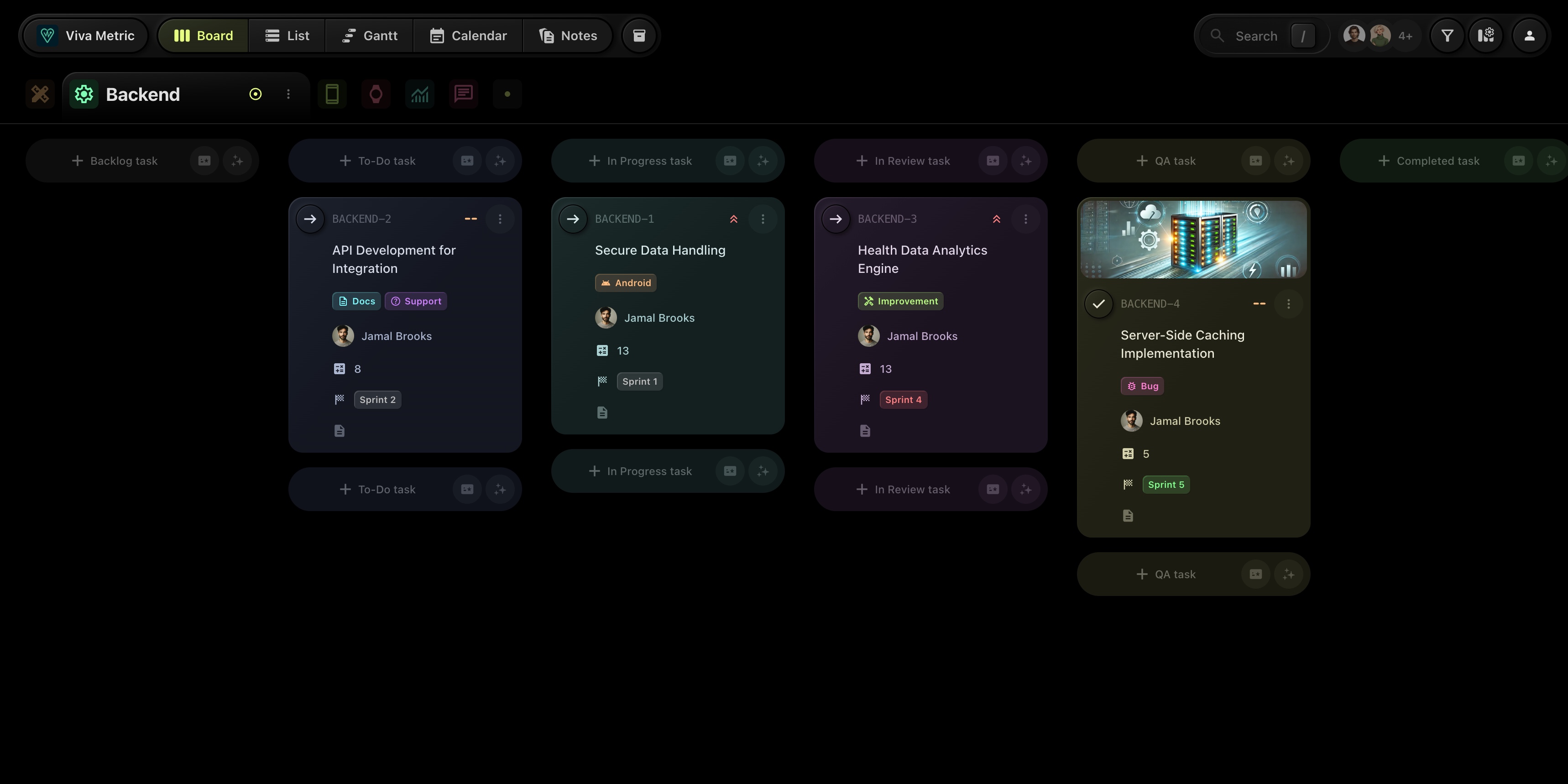
#5. Lean: Maximizing Value, Minimizing Waste
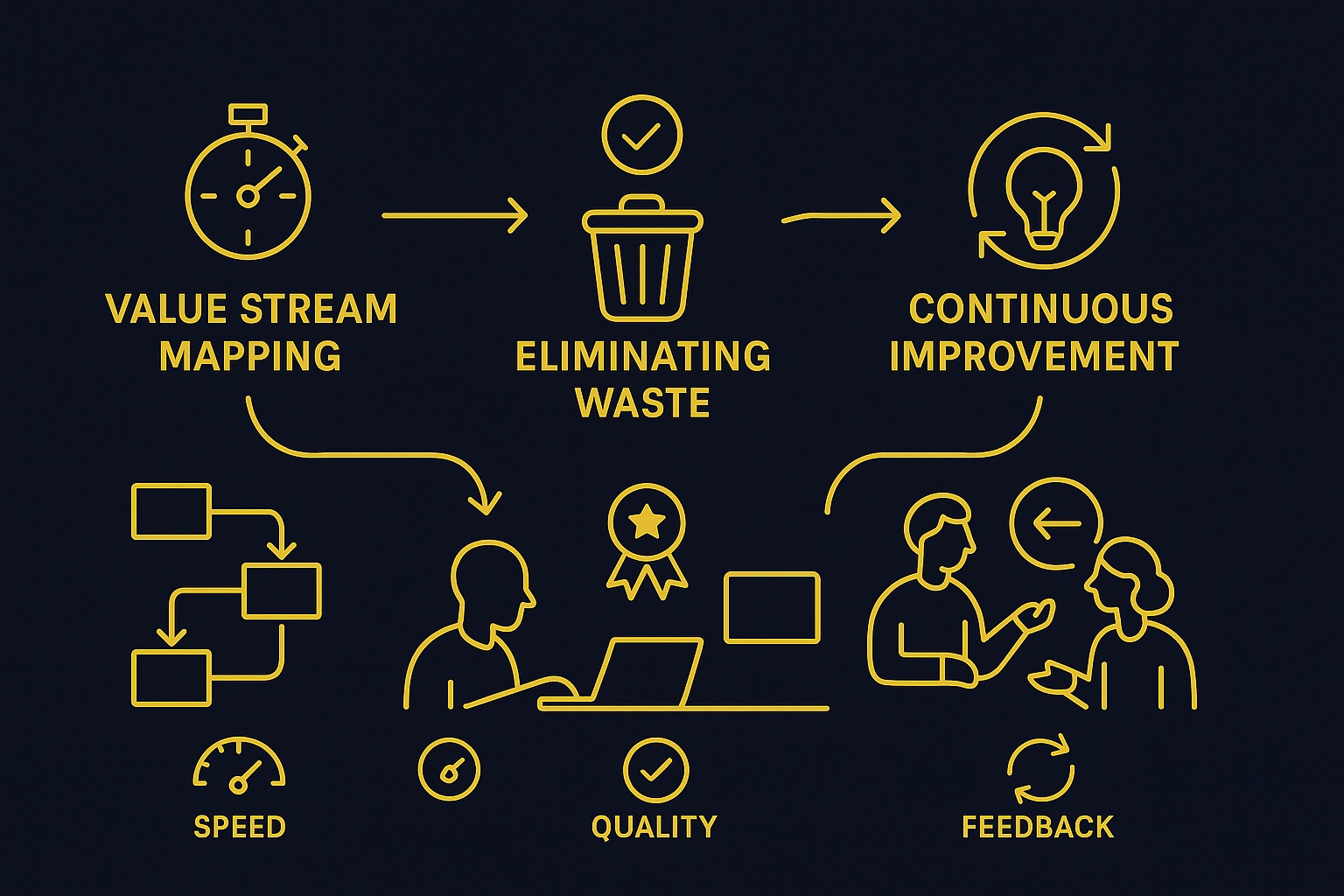
#Overview
Lean focuses on delivering maximum value to customers while eliminating waste (e.g., unnecessary tasks, delays). Originating in manufacturing, Lean is now applied to startups to streamline processes and prioritize customer value.
#Lean Pillars
- Eliminate waste
- Deliver value early and often
- Empower the team
- Optimize the whole system
#Benefits for Startups
- Cost-Effective: Reduces unnecessary expenses, critical for startups.
- Customer-Driven: Aligns development with user needs.
- Speed: Streamlined processes accelerate delivery.
#Challenges
- Requires Analysis: Identifying waste demands careful evaluation.
- Cultural Shift: Teams must embrace continuous improvement.
#Best Use Case
Lean is great for startups developing MVPs or small businesses optimizing operations with limited resources.
- Startups focused on rapid MVP delivery
- Product teams streamlining inefficient workflows
- Resource-constrained teams
#How t0ggles Supports Lean
Lean relies on visibility and efficiency - t0ggles makes this simple. Use progress indicators, public boards for external feedback, and calendar views to identify bottlenecks and optimize throughput.
#6. Critical Path Method (CPM): Precision Planning
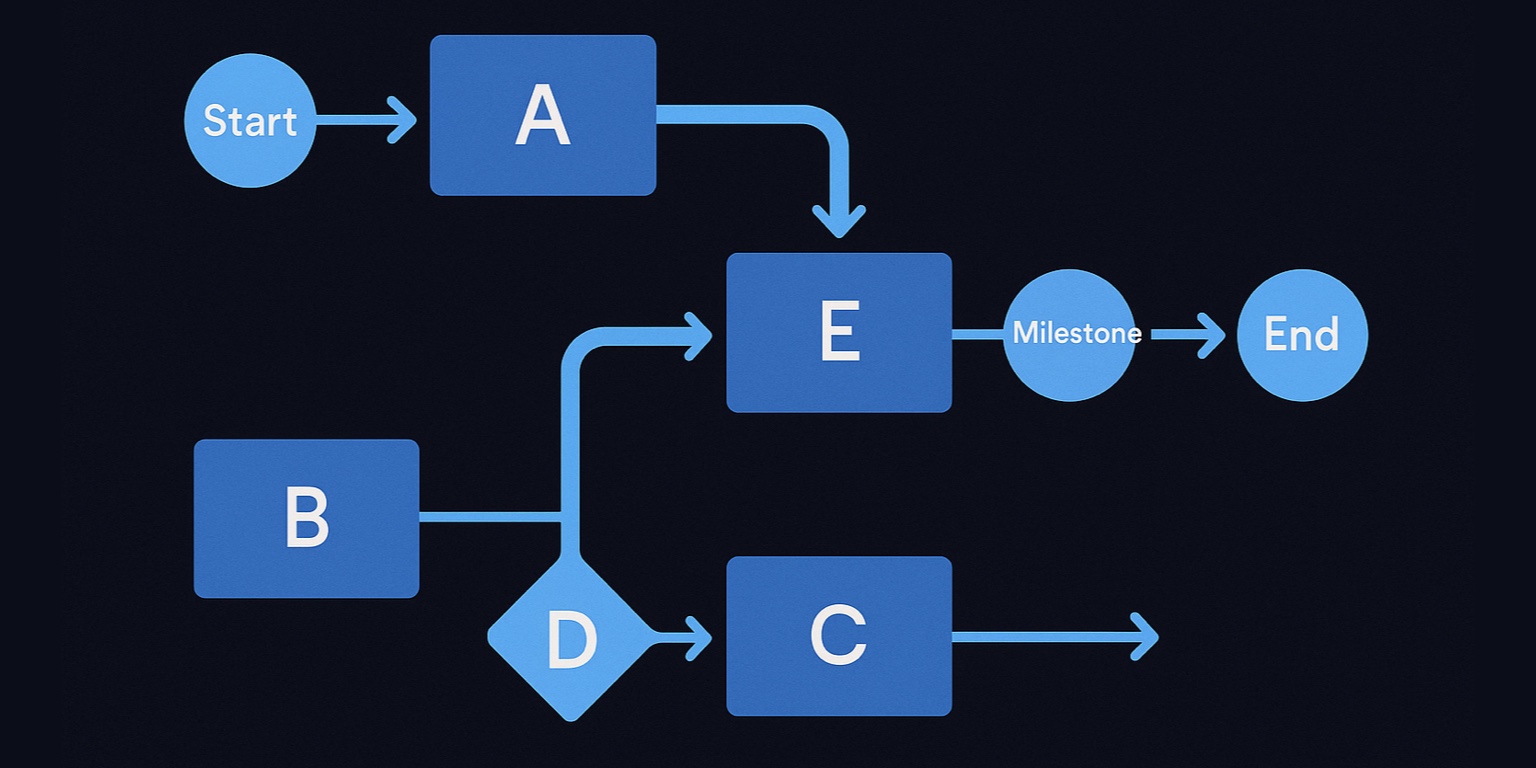
#Overview
The Critical Path Method (CPM) identifies the longest sequence of dependent tasks (the critical path) to determine the shortest project duration. It's a scheduling tool that ensures timely completion by focusing on key tasks.
#Key Concepts
- Task dependencies
- Earliest and latest start/finish times
- Critical path identification
- Buffer and risk management
#Benefits for Startups
- Precision: Accurate timelines prevent delays.
- Resource Allocation: Highlights tasks needing priority.
- Risk Management: Identifies potential bottlenecks early.
#Challenges
- Complexity: Requires detailed planning and expertise.
- Static: Less flexible for projects with changing requirements.
#Best Use Case
CPM is ideal for startups with time-sensitive projects, like product launches or event planning.
- Hardware startups
- Manufacturing and logistics projects
- Large one-time initiatives
#How t0ggles Supports CPM
t0ggles' Gantt Chart View maps out critical paths and dependencies, ensuring startups stay on schedule.
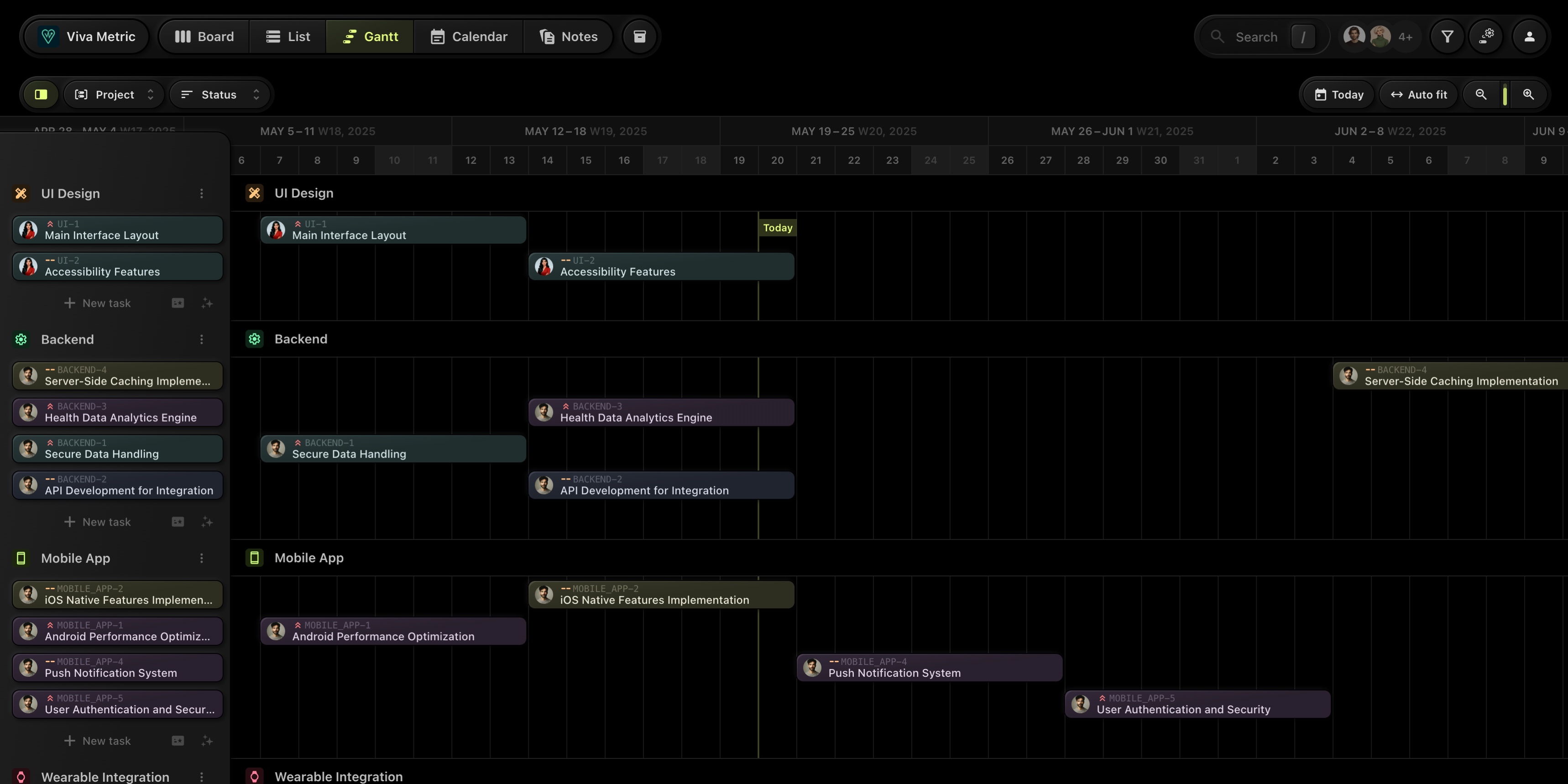
#7. PRINCE2: Controlled and Scalable
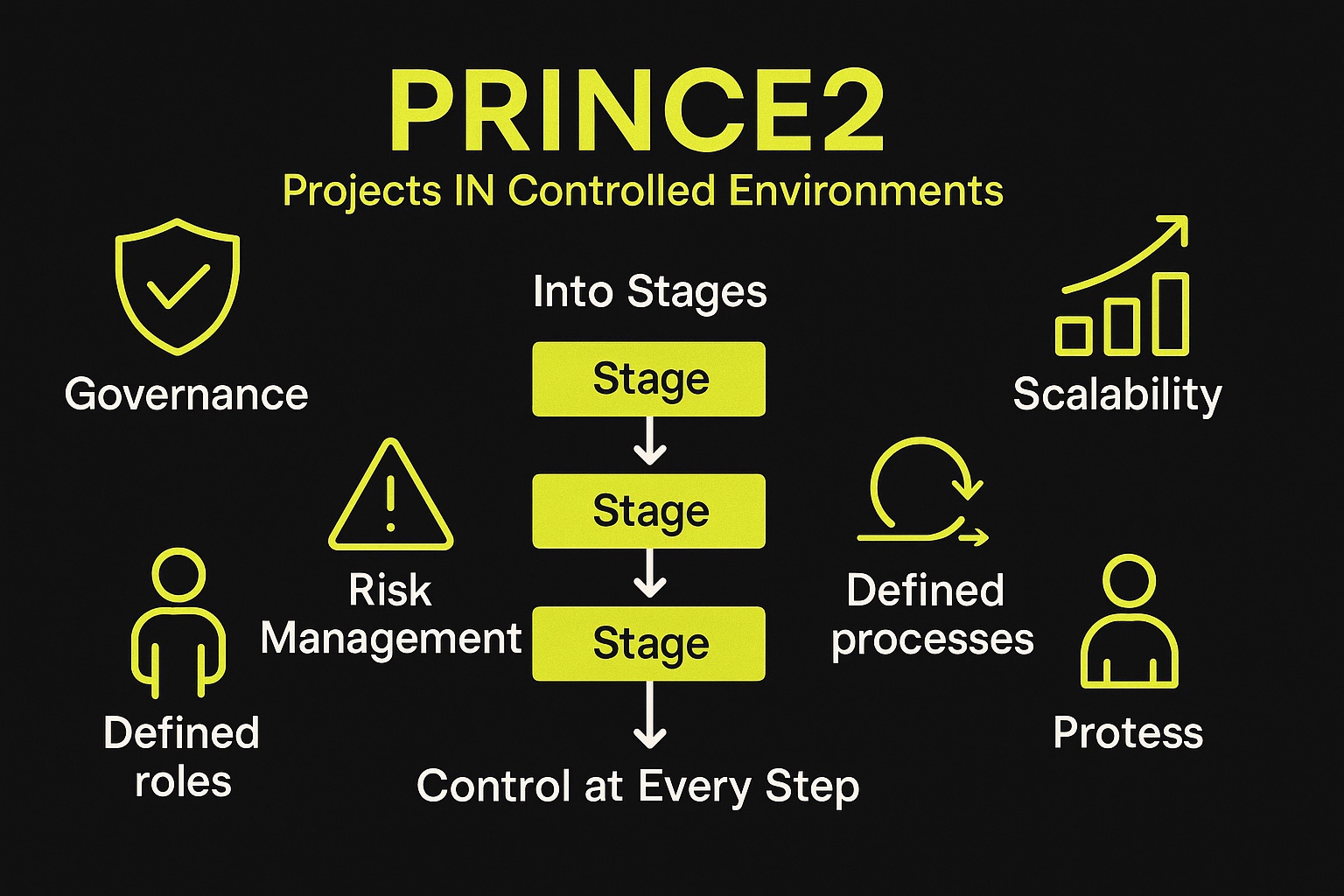
#Overview
PRINCE2 (Projects IN Controlled Environments) is a structured methodology emphasizing governance, risk management, and scalability. It divides projects into stages with defined roles and processes, ensuring control at every step.
#Benefits for Startups
- Scalability: Adapts to projects of varying sizes.
- Risk Management: Proactive issue identification protects startups.
- Professionalism: Structured processes impress investors and clients.
#Challenges
- Complexity: Requires training and certification.
- Resource-Intensive: May overwhelm small teams.
#Best Use Case
PRINCE2 suits startups seeking funding or working on large, regulated projects, like fintech or healthcare solutions.
#How t0ggles Supports PRINCE2
t0ggles' Public Boards for Client Feedback align with PRINCE2's stakeholder engagement, allowing startups to share progress with investors or clients.

#Comparing Methodologies for Startups
| Methodology | Best For | Flexibility | Complexity | t0ggles Feature |
|---|---|---|---|---|
| Waterfall | Fixed-scope projects | Low | Moderate | Gantt Chart View |
| Agile | Evolving products | High | Low | AI Task Creation |
| Scrum | Software development | High | Moderate | Multiple Projects Board |
| Kanban | Continuous tasks | High | Low | Kanban Board |
| Lean | MVPs, resource-limited | Moderate | Low | Calendar View |
| CPM | Time-sensitive projects | Low | High | Gantt Chart View |
| PRINCE2 | Regulated projects | Moderate | High | Public Boards |
This table helps startups match methodologies to their project needs and highlights how t0ggles supports each.
#Why t0ggles is a Game-Changer for Startups
Startups need tools that are affordable, intuitive, and adaptable. t0ggles delivers with features tailored for startup teams:
- Affordable Pricing: At $5/user/month (billed annually), t0ggles fits tight budgets. Explore pricing details.
- Scalability: Unlimited boards and projects grow with your startup.
- GitHub Integration: Links tasks to GitHub issues, streamlining development for tech startups.
- Team Collaboration: Real-time updates and task comments keep remote teams connected.
Compared to competitors like Trello, ClickUp, or Jira, t0ggles offers a streamlined interface that's less overwhelming yet powerful. Its AI features save time, and public boards enhance client collaboration, giving startups an edge over Asana or Monday.
#Choosing the Right Methodology for Your Startup
Selecting a methodology depends on your startup's goals, team size, and project type:
- Assess Project Needs: Is your project fixed (Waterfall, CPM) or evolving (Agile, Scrum)?
- Evaluate Team Size: Small teams may prefer Kanban or Lean for simplicity.
- Consider Resources: Lean or Agile suit budget-conscious startups.
- Test and Iterate: Start with a pilot project to refine your approach.
t0ggles' flexibility supports any methodology, allowing startups to experiment without committing to complex tools. Learn more about t0ggles' capabilities.
#Best Practices for Implementing Methodologies
To succeed with any methodology, follow these tips:
- Train Your Team: Ensure everyone understands the chosen methodology.
- Start Small: Test on a single project before scaling.
- Use the Right Tools: Leverage t0ggles to streamline processes.
- Monitor Progress: Regularly review metrics like delivery speed or customer feedback.
- Adapt and Improve: Refine your approach based on lessons learned.
#Conclusion
Project management methodologies are the backbone of startup success, providing structure and clarity in a chaotic environment. Whether you choose the structured Waterfall, flexible Agile, or scalable PRINCE2, understanding these seven methodologies equips your startup to tackle any project. With t0ggles, you gain a powerful partner to implement these methodologies effectively, thanks to its intuitive features, affordability, and focus on startup needs.
Ready to streamline your startup's workflows? Sign up for t0ggles' 14-day free trial and discover how it can transform your project management. For more insights, explore our blog or dive into our Agile guide.
#Who Is This For?
Looking for methodology guidance tailored to your team? Explore our use case guides:
- t0ggles for Startups - Agile workflows for fast-moving teams
- t0ggles for Founders - Manage your venture from idea to launch
- t0ggles for Product Managers - Roadmaps, sprints, and stakeholder alignment
- t0ggles for Developers - GitHub integration and dev-friendly workflows
- t0ggles for Agencies - Multi-client project management
- t0ggles for Freelancers - Solo project tracking made simple
#Additional Resources
- The Ultimate Guide to Agile Project Management
- Boost Efficiency with Project Management Automation
- Pricing
- Blog
- Feature Comparisons
Don't Miss What's Next
Get updates, design tips, and sneak peeks at upcoming features delivered straight to your inbox.